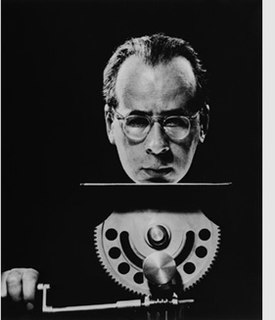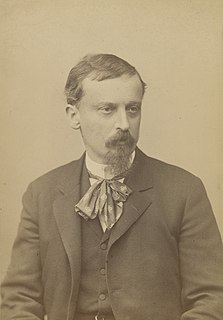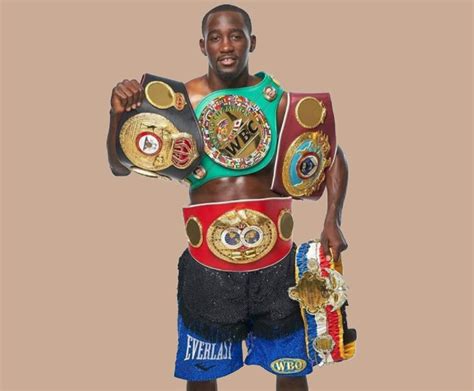A Quote by Philippe Halsman
When you ask a person to jump, his attention is mostly directed toward the act of jumping and the mask falls so that the real person appears.
Related Quotes
When the photographer Philippe Halsman said, 'Jump,' no one asked how high. People simply pushed off or leapt up to the extent that physical ability and personal decorum allowed. In that airborne instant Mr. Halsman clicked the shutter. He called his method jumpology.
The idea of having people jump for the camera can seem like a gimmick, but it is telling that jumpology shares a few syllables with psychology. As Halsman, who died in 1979, said, 'When you ask a person to jump, his attention is mostly directed toward the act of jumping, and the mask falls, so that the real person appears.'
People are always asking, "Is this person in front of me the same on the inside as he or she appears to be on the outside? Is there congruence between what's within that person and the words and actions I'm viewing and hearing externally?" Children ask that about their parents; students ask it about their teachers; parishioners ask it about their pastors and priests; employees ask it about their bosses; and in a democracy, citizens ask it about their political leaders.
The act of compassion begins with full attention, just as rapport does. You have to really see the person. If you see the person, then naturally, empathy arises. If you tune into the other person, you feel with them. If empathy arises, and if that person is in dire need, then empathic concern can come. You want to help them, and then that begins a compassionate act. So I'd say that compassion begins with attention.
To a greater or lesser extent there goes on in every person a struggle between two forces: the longing for privacy and the urge to go places: the introversion, interest directed within oneself toward one's own inner life of vigorous thought and fancy; and extroversion, interest directed outward, toward the external world of people and tangible values.
If we want to be a person of integrity, we act as if we have integrity and we will be a person of integrity. If we want to be a person of charity and love, we act as if we have that characteristic and we will be that person. The Savior alluded to this principle when he asked, ‘What manner of men ought ye to be?’ Verily I say unto you, even as I am.' We should strive to become like him by acting as he would act.
Research has shown that a simple act of kindness directed toward another improves the functioning of the immune system and stimulates the production of serotonin in both the recipient of the kindness and the person extending the kindness. Kindness extended, received or observed beneficially impacts the physical health and feelings of everyone involved.


































